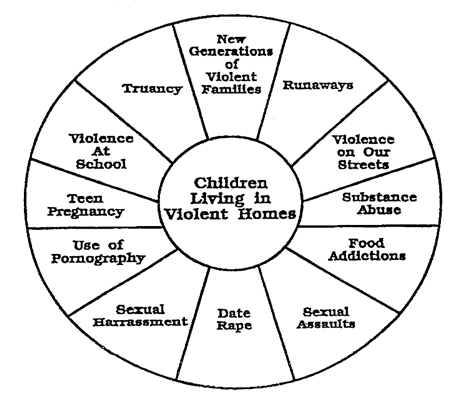The Co-Parenting program is for sixteen (16), twenty-six (26), and fifty-two weeks (52). The Co-Parenting program provides: -Support for parents experiencing divorce/separation and learning how to adjust in this style of co-parenting. -Support for parents to learn how to compromise and collaborate to focus on the needs of their child (i.e. medical, legal, financial and overall well-being of the child). -Support for parents to understand communication with their ex-partners in order to implement emotional stability and importance of close relationships for the well-being of their child(ren). -Education to the participants on safe methods of communication (by using the legal system) when experiencing difficulty with an ex-spouse that has excessive, unrealistic demands and controlling behavior. -Parents with options to a healthy communication approached as the
Family Wizard, and Talking Parents.
●The parents introduced to the program our children first
● Children Learn What They Live; the participants will learn the psychological effects on children when witnessing fights and aggression from the parents, the PTSD children suffer after a family separation.





